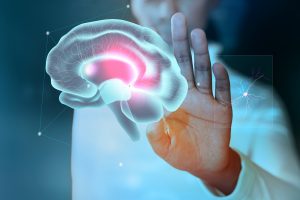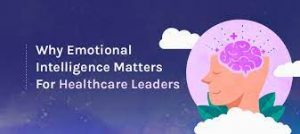Anger is a normal human emotion that is secondary to stress, anxiety, depression or some other primary emotion.
Anger is not a pathological disorder. Therefore, it is not listed in the Diagnostic and Statistical Manual of Mental and Nervous Disorders (DSM-IV). According to the American Psychiatric Association, anger is a lifestyle issue and not in the domain of mental illness.
There are seven signs that anger is problematic in a person’s life:
- When anger is too frequent
- When anger is too intense
- When anger last too long
- When anger leads to aggression
- When anger destroys relationships
- When anger impacts health
- When anger risks career derailment
The slow economy is unprecedented in its impact on professionals from most (if not all) employment sectors. For high-income groups such as physicians, attorneys, entertainers and executives, loss of income and or status triggers stress, depression, anger and, often, person-directed aggression.
For the first time in the history of Executive Coaching for Anger Management, the number of volunteer and mandated referrals are coming from H.R. Managers, risk management professionals, intimate partners and physician well-being committees nationwide.
Previously, most referrals for anger management came from the courts and the criminal justice system. As high-income professionals experience the positive effects of the skill enhancement components of executive coaching/anger management, they refer or recommend coaching for colleagues, direct reports or family members.
Word of mouth referrals are off the charts
The critical factors that account for the effectiveness of Emotional Intelligence Coaching for impulse control are its comprehensive non-psychiatric assessments, which are all based on 15 Emotional Intelligence Scales.
These scales are:
- Self-Regard
- Self-Actualization
- Emotional Self-Awareness
- Emotional Expression
- Assertiveness
- Independence
- Interpersonal Relationships
- Empathy
- Social Responsibility
- Problem Solving
- Reality Testing
- Impulse Control
- Flexibility
- Stress Tolerance
- Optimism.
The EQ-I-2.0 Emotional Intelligence Assessment that is used in this coaching program is offered on-line and the coaching is available live our via Skype from:
George Anderson, MSW, BCD, CAMF, Certified Master Coach
Bryan Anderson, MSW, CAMF, Certified Master Coach
Nancy J. Anderson, MA, MSW, CAMF, LEP, Master Coach
Alfred De Ramus, MD, Certified Master Coach



